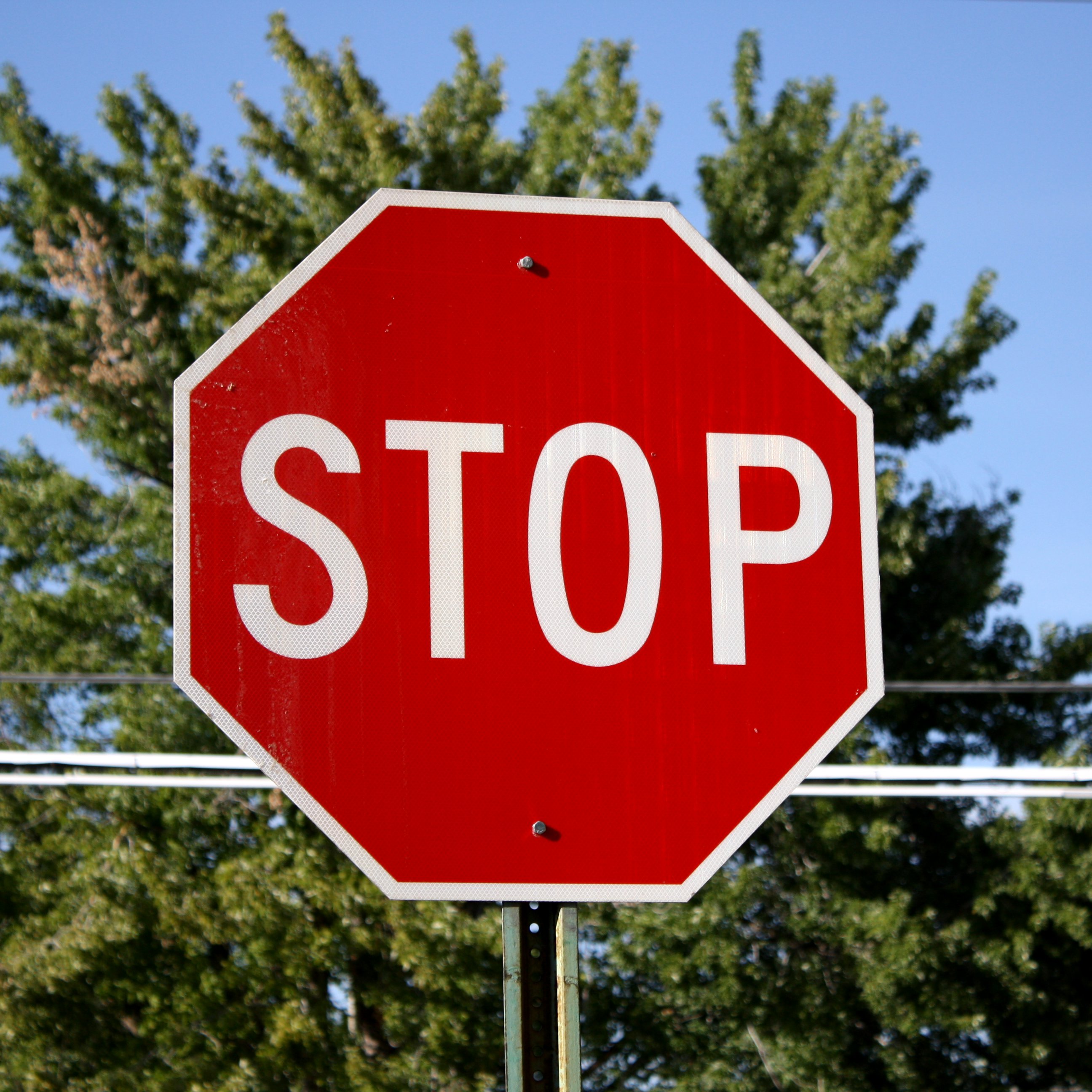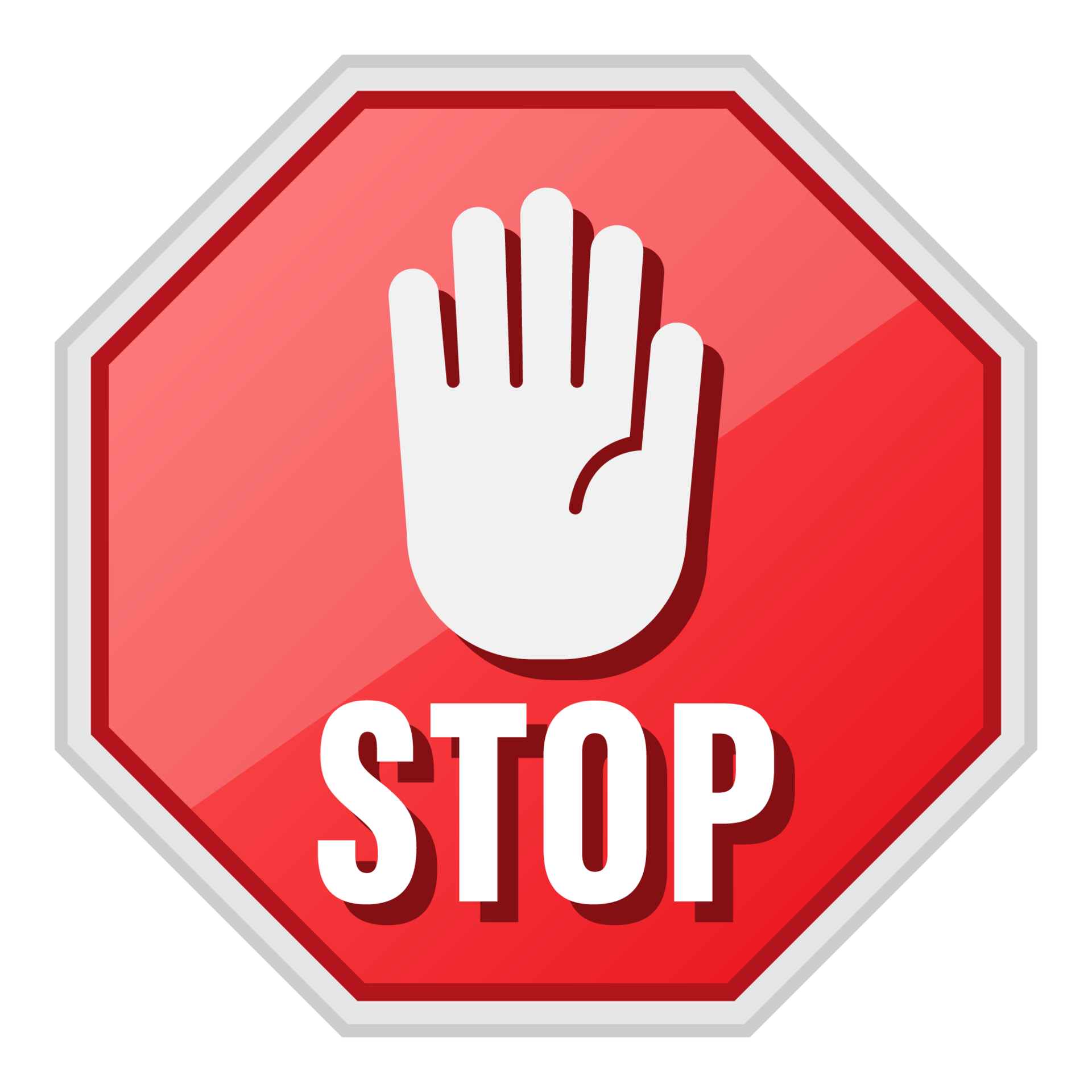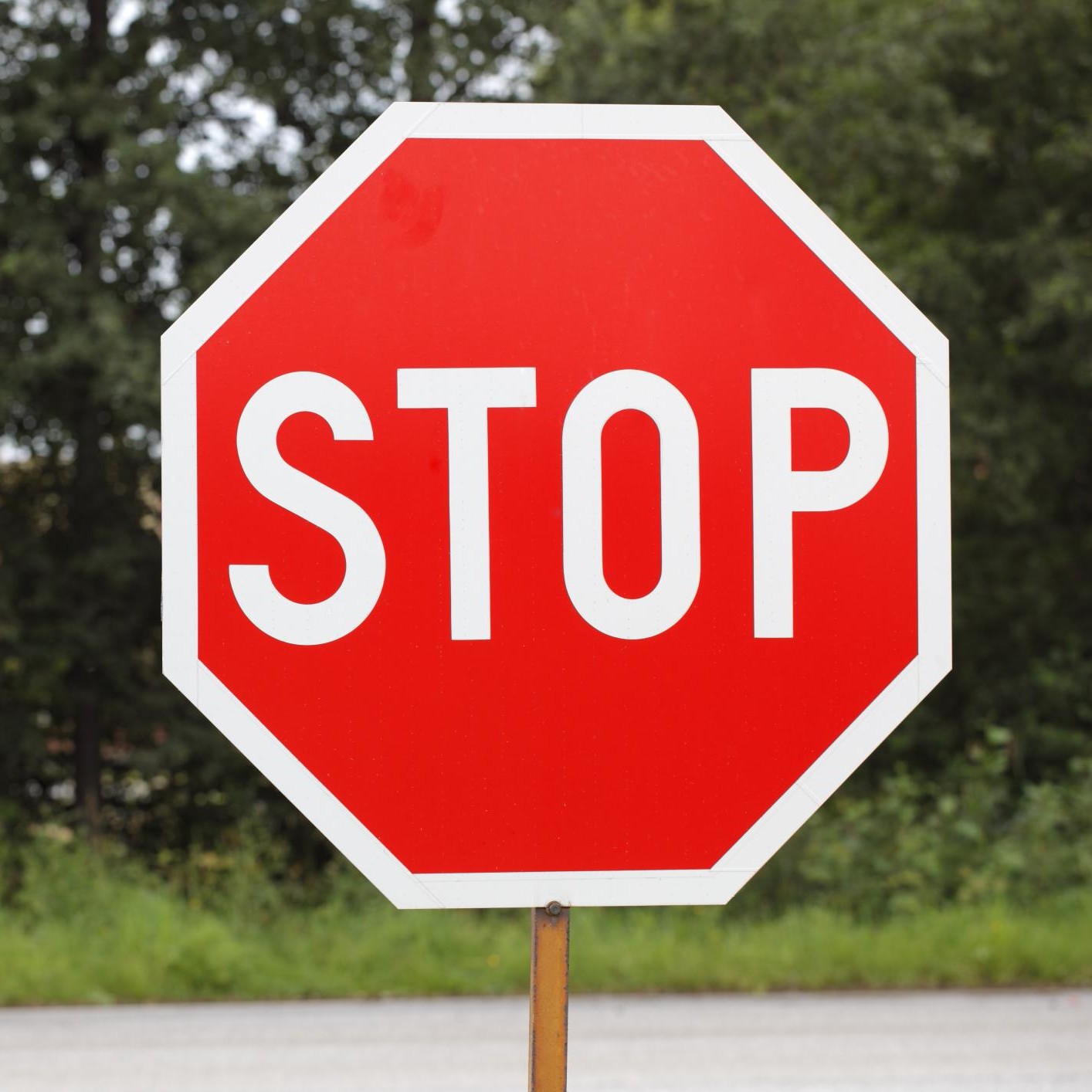There's a growing conversation, a truly important one, about certain types of online content, and it’s time we truly address the topic of why we should stop running Woo Lotti video. This isn't just about a single piece of media; it’s about the broader impact such content can have on individuals, our communities, and the very fabric of digital spaces. We're talking about something that, in some respects, touches upon the credibility of the promises made by platforms and content creators alike, ensuring they don't just go back on their word when it comes to what's shared online.
When something like the Woo Lotti video circulates, it often brings with it questions about responsibility, about what's appropriate, and about the real-world consequences of virtual actions. It’s a situation where, you know, people start looking for answers, wondering what steps can be taken to manage or remove content that causes distress or harm. Just like there are clear processes for handling real-world issues, like an eviction process that starts with a simple notice and ends with a legal removal, there are often pathways, though sometimes less clear, for dealing with digital content that just isn't right.
Our goal here is to shine a light on the reasons why many are saying it's time to put a halt to the spread of this particular video. We'll explore the concerns it raises, discuss the broader implications for online communities, and consider what actions people can take to promote a safer, more considerate internet. It’s about, well, making sure that our shared digital homes are places where everyone feels secure and respected, and where harmful content doesn't just, like, get a free pass.
- Willie Nelson Spouse
- Cece Rose Nudes
- How Old Is Bobby Shermans Wife Bridget
- Yvl Meaning
- Wentworth Miller Net Worth
Table of Contents
- Understanding Woo Lotti and the Video
- The Concerns Behind the Call to Stop
- Taking Action: What You Can Do
- Frequently Asked Questions
- A Shared Responsibility for Digital Safety
Understanding Woo Lotti and the Video
When we talk about the "Woo Lotti video," it's really important to get a good grasp of what it is and why it's become a point of discussion for many. Without diving into specifics that might inadvertently spread the content further, we can say that it typically refers to a piece of visual media that has, for various reasons, sparked significant debate and concern within online circles. This kind of content, you know, often emerges from a particular context, maybe a specific event or a series of happenings, and then it finds its way onto public platforms, sometimes without much thought given to its wider implications. It's almost like a ripple effect, where one small action can just spread out and touch so many others.
The individual or entity named "Woo Lotti" is, in this context, associated with the creation or dissemination of this video. Their background or motivations, while perhaps known to some, aren't always immediately clear to the general public, which can add to the confusion surrounding the content itself. It's not uncommon for figures in the digital space to become linked to specific pieces of media, whether intentionally or not, and this can shape public perception in a very significant way. So, understanding the link between the name and the video is a pretty key first step in this whole conversation, that is that.
For many, the video represents a particular kind of online challenge or a specific type of narrative that some find troubling. It might, for instance, depict actions or ideas that clash with widely accepted community standards or ethical guidelines. This is where the call to "stop running Woo Lotti video" truly begins to gain momentum, as people realize that certain content, no matter its origin, can have a tangible effect on the digital environment. It's about recognizing that what we see and share online isn't just, like, harmless entertainment; it can carry real weight.
- Haley Kalil Boyfriend
- Love Island Olivia
- Erome Shopie Rain
- Preity Mukhundhan Movies
- Jenny Popach Of Leak
The Concerns Behind the Call to Stop
The plea to stop running Woo Lotti video stems from several deep-seated concerns that resonate with many people who care about online safety and community well-being. These aren't just minor quibbles; they are often serious considerations about the kind of digital world we are collectively building. It's about, arguably, the responsibility that comes with sharing information and images in a space that reaches so many so quickly. You know, it’s a bit like understanding that with great freedom comes, well, a certain level of obligation.
Potential Harmful Messages
One of the primary worries revolves around the potential for the video to carry harmful messages. This could mean anything from promoting violence or hate speech to glorifying risky behaviors or showing content that is simply inappropriate for a wide audience, especially younger viewers. When content like this circulates, it can normalize actions or ideas that are, in fact, quite damaging in the real world. It’s a very real concern that what people consume online can, in a way, shape their perceptions and even their actions. We've seen this before, where seemingly innocent things can have unintended consequences.
The content might also, just a little, violate the intellectual property rights of others, or perhaps even depict situations without proper consent, which raises significant ethical and legal questions. Just as individuals work to protect their intellectual property through the proper use of patents and trademarks in the physical world, there's a growing need to consider how digital content respects the rights and privacy of everyone involved. This is where, apparently, the lines between what's acceptable and what's not can sometimes get a little blurry, and that's why clarity is so important.
Community Impact and Well-Being
Beyond the direct messages, the broader community impact is a huge part of why people want to stop running Woo Lotti video. When controversial or upsetting content gains traction, it can create an environment of discomfort, fear, or even hostility for certain groups of people. It’s like, you know, if one tenant in an apartment building starts causing trouble, it affects everyone living there. The digital community is no different; shared spaces need to feel safe and welcoming for all members.
This kind of content can also, quite significantly, contribute to online harassment or bullying, making it harder for individuals to participate freely and openly in digital discussions. The mental and emotional toll of encountering such videos repeatedly can be considerable, leading to stress, anxiety, and a general feeling of unease. So, protecting the well-being of the online community means, in essence, being mindful of the content that is allowed to proliferate, and taking steps to curb what harms rather than helps. It's about fostering a sense of mutual respect, really.
The Role of Digital Platforms
A critical piece of this puzzle is the role that digital platforms themselves play. Many believe that these platforms have a responsibility, a kind of promissory estoppel if you will, to ensure credibility in the promises they make to their users about safety and content standards. It’s a tool used, in a way, to make parties perform as expected, and that includes performing their duty to moderate content that falls outside acceptable guidelines. If platforms allow problematic videos to remain, it can erode trust and make users question their commitment to a safe environment.
Just as there are legal frameworks, like the Statute of Frauds adapted by Florida law, that guide real-world transactions and agreements, there are also community guidelines and terms of service that platforms establish. The expectation is that these rules are actually enforced, and that problematic content, once identified, goes through a process that leads to its removal. It's not always easy, but it’s a necessary part of maintaining a healthy online ecosystem. You know, it's about holding them accountable, pretty much.
Taking Action: What You Can Do
If you're concerned about the Woo Lotti video or similar content, there are definitely steps you can take to make a difference. It's not just about wishing for things to change; it's about actively participating in making the internet a better place for everyone. Your actions, even small ones, can contribute to a much larger positive shift. So, what can you actually do when you come across something that just doesn't sit right?
Reporting Problematic Content
The most direct action you can take is to report the content to the platform where you encounter it. Most social media sites, video hosting services, and forums have clear mechanisms for reporting content that violates their terms of service or community guidelines. This is, basically, the digital equivalent of that three-day letter in an eviction process; it's the formal way to initiate a review. When enough people report something, it often gets the attention of content moderators more quickly.
When you report, be sure to provide as much detail as possible about why you believe the content is problematic. Is it hate speech? Does it promote violence? Is it sexually explicit? The more specific you are, the better the platform can assess the situation. Remember, the goal is to trigger a review that could lead to the content being taken down, much like how under Florida state laws, if a tenant refuses to pay, the only legal way to remove them is through the eviction process. It’s about following the established procedures to get a result. For more information on general online safety and reporting guidelines, you can often find helpful resources on official government or non-profit websites, like the USA.gov Online Safety section.
Supporting Positive Online Spaces
Another powerful way to combat harmful content is to actively support and promote positive online spaces. This means engaging with content that is uplifting, informative, and respectful, and sharing it widely. When you amplify good content, it helps to push down the visibility of less desirable material. It's like, you know, filling a room with good vibes so there's less space for anything negative to grow. This is, in a way, about shaping the narrative and showing what kind of content we, as a community, actually value.
Participate in discussions that foster healthy dialogue and constructive criticism, rather than those that descend into negativity or personal attacks. Your presence and engagement in these positive areas can help create a stronger, more resilient online community. It's about being a part of the solution, not just observing the problem. So, consider spending your time and energy on platforms and communities that align with your values, because that, truly, makes a difference.
Educating Yourself and Others
Knowledge is a really powerful tool. Taking the time to understand how online platforms work, what their policies are, and how problematic content spreads can help you be a more effective advocate for change. Share what you learn with friends, family, and your broader social circles. A well-informed community is better equipped to identify and respond to harmful content. You know, it’s like when Arcadier, Biggie & Wood, PLLC business lawyers help you understand complex legal texts; having that guidance just makes things so much clearer.
Discuss the importance of critical thinking when consuming online media. Teach others, especially younger people, to question what they see and hear online, and to consider the source and potential motivations behind content. This kind of digital literacy is, arguably, one of the best defenses against the spread of misinformation and harmful narratives. It's about empowering people to make their own informed decisions, which is pretty important for everyone. Learn more about online content moderation on our site, and link to this page about community guidelines for more detailed information.
Frequently Asked Questions
What makes the Woo Lotti video problematic?
The Woo Lotti video is considered problematic by many due to its potential to contain harmful messages, which could range from promoting violence or hate to showing inappropriate or non-consensual content. It also, sometimes, raises concerns about its impact on community well-being and whether it aligns with widely accepted online safety standards. So, it's not just one thing; it's a combination of factors that cause concern for a lot of people.
Can platforms really remove content like this?
Yes, platforms absolutely can remove content that violates their terms of service or community guidelines. They have established policies and moderation teams in place for this very purpose. The effectiveness of removal often depends on the specific platform's rules, the nature of the violation, and the volume of reports it receives. It's like, you know, they have a set of rules they are supposed to follow, and when something breaks those rules, they have the means to act. It's part of their responsibility, really.
What is the best way to report the Woo Lotti video?
The best way to report the Woo Lotti video is to use the specific reporting tools provided by the platform where you encounter it. Look for options like "report video," "report content," or "report abuse." Be as specific as possible in your reason for reporting, citing the exact rule or guideline you believe it violates. This helps the platform's review team understand the issue more quickly and take appropriate action. It's about being clear and concise, you know, to make sure your message gets across effectively.
A Shared Responsibility for Digital Safety
Ultimately, the effort to stop running Woo Lotti video, and similar content, isn't just the job of platforms or a few concerned individuals; it's a shared responsibility for all of us who use the internet. Just as the point of promissory estoppel is to ensure credibility in promises and make parties perform, we, as a collective, hold platforms accountable to their commitments for a safe online space. Our collective actions, whether it’s reporting harmful material, promoting positive content, or simply having conversations about digital ethics, truly make a difference.
Every click, every share, and every report contributes to the kind of online environment we all inhabit. By being mindful of what we consume and what we amplify, we can help shape a digital world that is more respectful, more inclusive, and safer for everyone. It’s about, well, recognizing that our individual choices have a ripple effect, and that together, we can steer the conversation towards something much more constructive. So, let’s all play our part in building a better, more thoughtful internet, because, you know, it benefits us all.
Related Resources:



Detail Author:
- Name : Hanna Satterfield
- Username : mfisher
- Email : itzel.rau@hotmail.com
- Birthdate : 1971-03-22
- Address : 77135 Salvatore Causeway Ethelmouth, MN 06800-7952
- Phone : 917.233.5140
- Company : Reinger and Sons
- Job : Director Of Business Development
- Bio : Quia aliquam voluptatum et saepe modi. Soluta dignissimos perferendis omnis voluptatem maxime. Voluptatum eaque magnam ea sed vero nostrum. Cumque ipsa et sed cumque. Animi deserunt quia voluptatum.
Socials
twitter:
- url : https://twitter.com/marcelo.hermiston
- username : marcelo.hermiston
- bio : Quod et nulla distinctio ex libero exercitationem. Deserunt vel ut distinctio ut qui. Nam omnis magni est.
- followers : 2906
- following : 1138
tiktok:
- url : https://tiktok.com/@marcelo_hermiston
- username : marcelo_hermiston
- bio : Recusandae sequi libero asperiores consequuntur exercitationem vitae.
- followers : 1568
- following : 2072
instagram:
- url : https://instagram.com/mhermiston
- username : mhermiston
- bio : Ut esse qui est ratione. Autem labore ipsum aliquam alias. Et quo cumque doloribus excepturi.
- followers : 650
- following : 2092
facebook:
- url : https://facebook.com/marcelo_id
- username : marcelo_id
- bio : Eum nihil et minus fuga omnis porro. Facere placeat ex optio alias sint.
- followers : 5217
- following : 82
linkedin:
- url : https://linkedin.com/in/marcelo.hermiston
- username : marcelo.hermiston
- bio : Occaecati aut vel ratione autem.
- followers : 4136
- following : 938